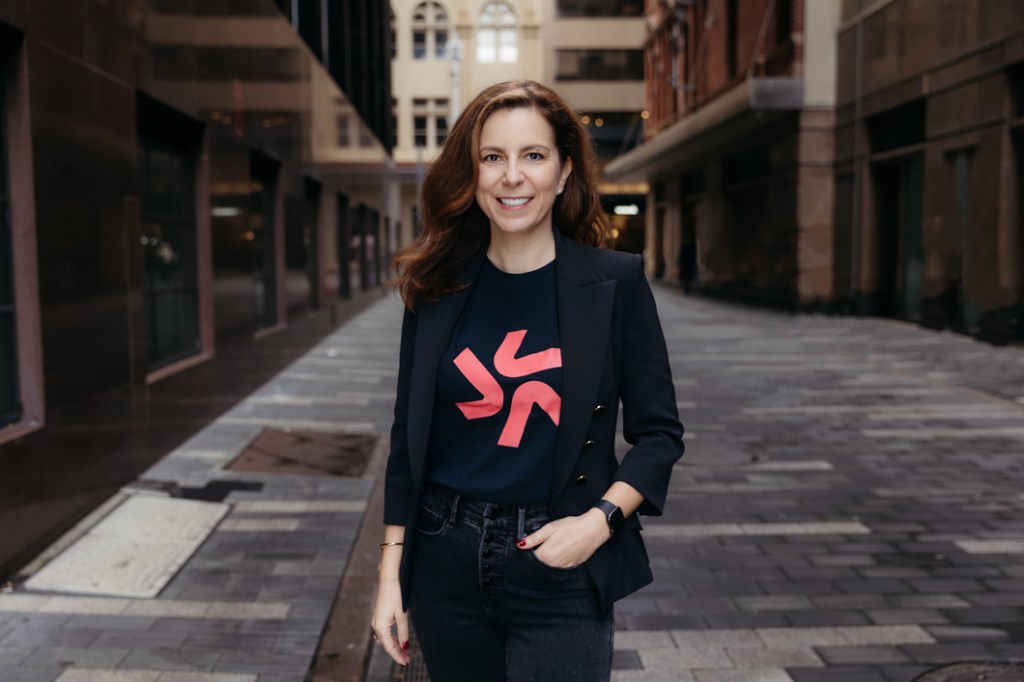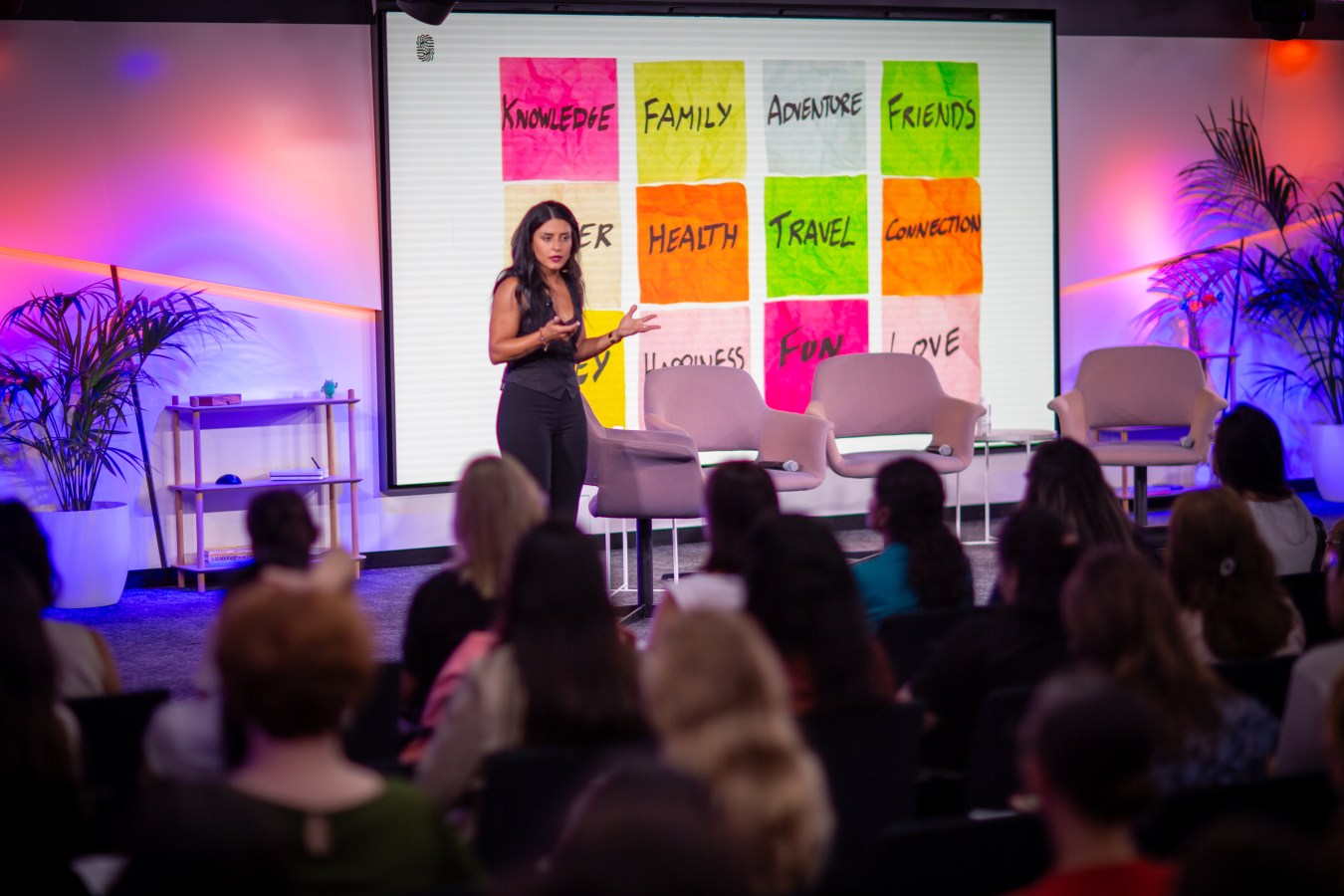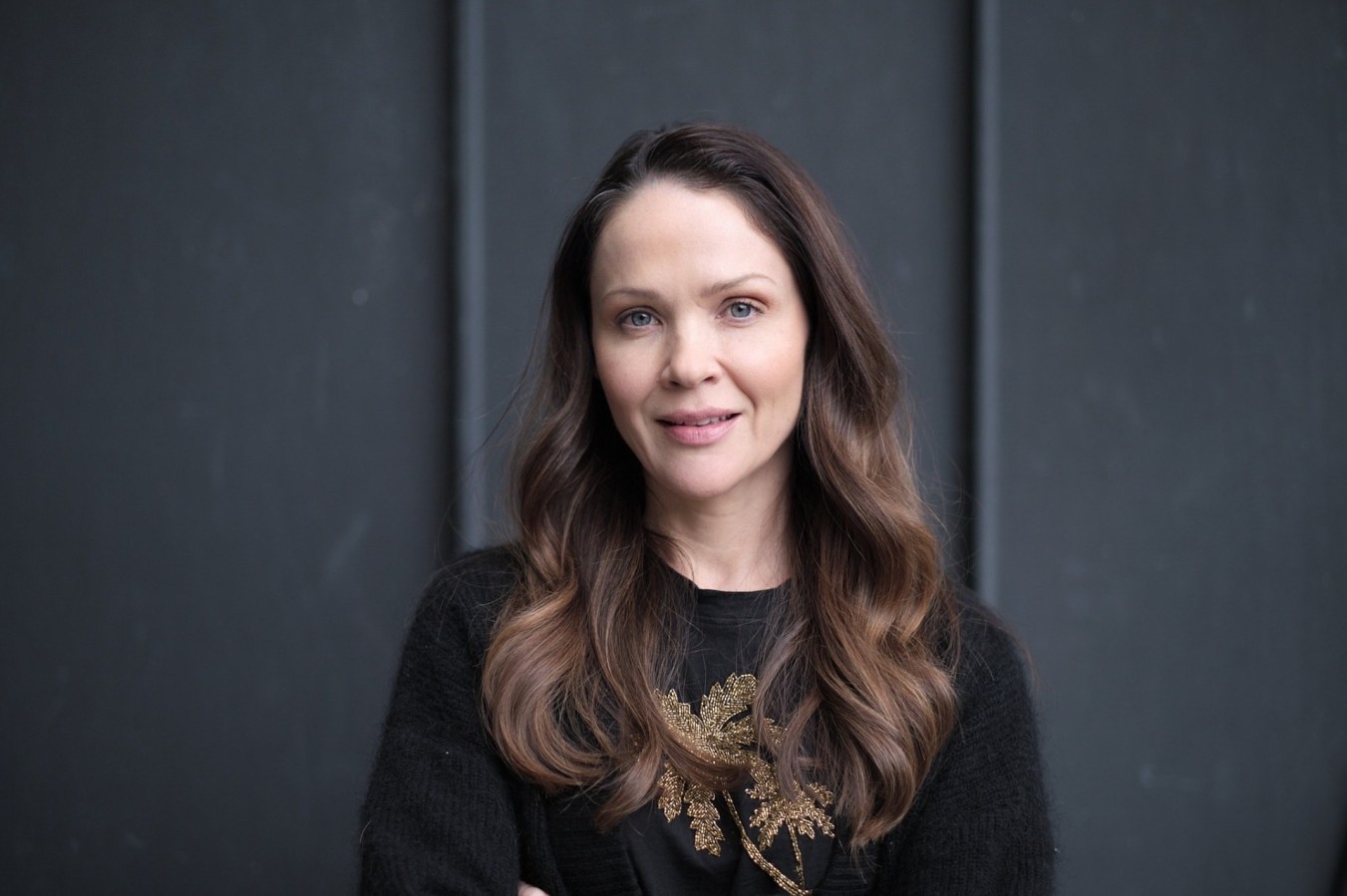Silvija Martincevic is the CEO of Deputy – an Aussie HR software firm for shift workers. After leading US buy now, pay later company Affirm to its US$24 billion IPO, she says Deputy is on a similar trajectory to ‘massive global scale’.

Martincevic joins a Zoom call from San Francisco where she’s based the majority of the time, despite being the chief executive officer of the fast-growing Aussie tech company, Deputy. Dipping in and out of Sydney as required, Croatian-born Martincevic joined Deputy in February 2023, following a six-month career-hiatus, where she spent time with her family in Eastern Europe after being locked out due to the pandemic.
“I spent six months asking myself what I want to do next,” she says. “It needed to be something really, really special.”
Martincevic has a history of success in scaling tech companies. In 2019, she joined the US buy now, pay later company, Affirm, as chief commercial officer, when it had about 350 employees and was bringing in about US$100 million in revenue. Her goal was to bring Affirm’s tech to the mass market.
“It was exactly the time that COVID hit and e-commerce accelerated massively,” she recalls. “And we grew the business from about 5,000 merchants to over 200,000 merchants. And we grew our revenue from about US$100 million to US$1.3 billion.” Off the back of its success, Affirm went public, skyrocketing on IPO day to a valuation of US$23.6 billion.
On her sabbatical, Deputy’s board cold-called Martincevic with an offer – they were looking for someone that’s scaled businesses globally, that’s taken companies from the $100 million-revenue-mark to the billions, and someone that’s got a strong commercial strategy background.
“Deputy had so many of the wonderful characteristics I saw at Affirm – an unbelievable team, an incredible market and a great product,” Martincevic says. And there was a slight personal tug too – Deputy makes HR software specifically for shift workers, and Martincevic grew up in a communist period, amongst a community of hourly workers.
“My dad was a truck driver for 40 years,” she says. “My mum is a retired shoe factory worker, and every single one of my family members were shift workers. So, when I learned about Deputy and the community that we could help engage and help have a better work life… It just really resonated with me.”
Globally, the need is there. In Australia, there are more than 2 million casual workers. In the US, there are more than 80 million. And according to Deputy data, which looked at nearly 4,000 hourly workers across retail, healthcare and hospitality sectors in the US, Australia, New Zealand and the UK, nearly half of US workers said they needed help managing their schedules and hours.
Deputy grew steadily until about 2016, when it sought capital. It raised $144 million across two years, and was valued at $423 million in 2018. But COVID stripped some of those gains and saw the company, which was co-founded by Steve Shelley and Ashik Ahmed in Sydney in 2008, lay-off about one-third of its workforce, as the number of shift workers accessing its platform halved in the three weeks after March 2020 COVID restrictions set in.
“Deputy navigated the challenges posed by the pandemic by prioritising the health of the business and shifting focus toward profitability early on, which set a strong foundation for growth,” Martincevic says.
“The company’s adaptability and foresight to pivot towards sectors experiencing growth, such as healthcare and services — while traditional sectors like retail and hospitality were struggling — speaks volumes about our resilience and ability to adapt for emerging opportunities.”
We’re talking about 2.7 billion people that don’t have the tools to be more productive at work, so actually, I think we need more companies that are serving our space.”
– Silvija Martincevic, CEO, Deputy
But ASIC documents filed last year show Deputy has bounced back: it recorded its first profits before tax of $9.1 million in the 2022-23 financial year (up $33 million on the year before, which was a loss of $24.3 million), and revenue increased to $103 million, up 38% from $75.7 million the year prior. It also had a cash balance of $31.7 million (up $12.3 million or 64% on the year prior).
“Where we go from here is massive global scale,” Martincevic says. But how?
“We still have a lot of opportunities here to provide our tech to a variety of different verticals,” she says. “But we also want to make sure we have the kind of penetration in London, San Francisco and New York that we have in Sydney in Melbourne. So, we are expanding in other geos while making sure we continue to grow in Australia.”
And then there’s product innovation. Martincevic says with record-low unemployment across the globe in developed economies, businesses need tools to hire fast, engage and retain workers. Deputy recently launched a product that allows businesses to recruit, screen and onboard employees, purpose-built for hourly workers.
Aussie tech unicorn Employment Hero, launched in 2014, announced a $263 million raise in October, to fuel its global expansion. “Our sights are set on becoming a $50 billion plus business, so our financial aspirations match the scale of our global vision,” co-founder Ben Thompson said at the time.
Is this stiff competition? To Martincevic, not really. What about Seek?
“We are market leading global provider of technology for hourly workers,” she says. “And so there is no one that owns that space in the way that Deputy does. But some of the players that you mentioned are absolutely wonderful software businesses in the Australian market and actually… I look forward to building wonderful partnerships for Deputy with the whole ecosystem.”
And the size of the opportunity presented means there’s room for everyone.
“We’re talking about 2.7 billion people that don’t have the tools to be more productive at work, so actually, I think we need more companies that are serving our space.”
Look back on the week that was with hand-picked articles from Australia and around the world. Sign up to the Forbes Australia newsletter here or become a member here.


